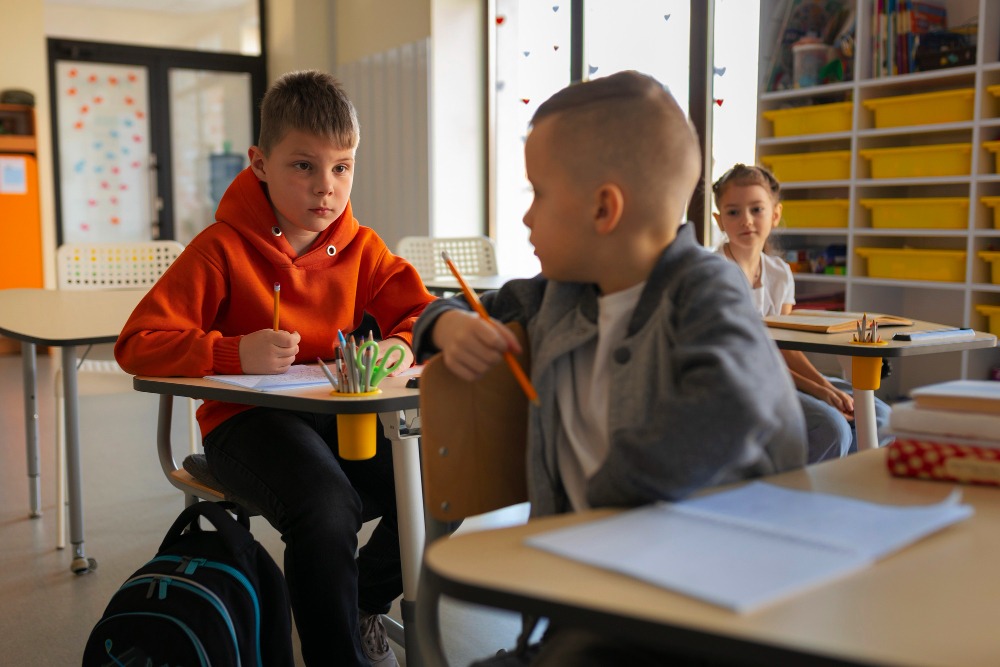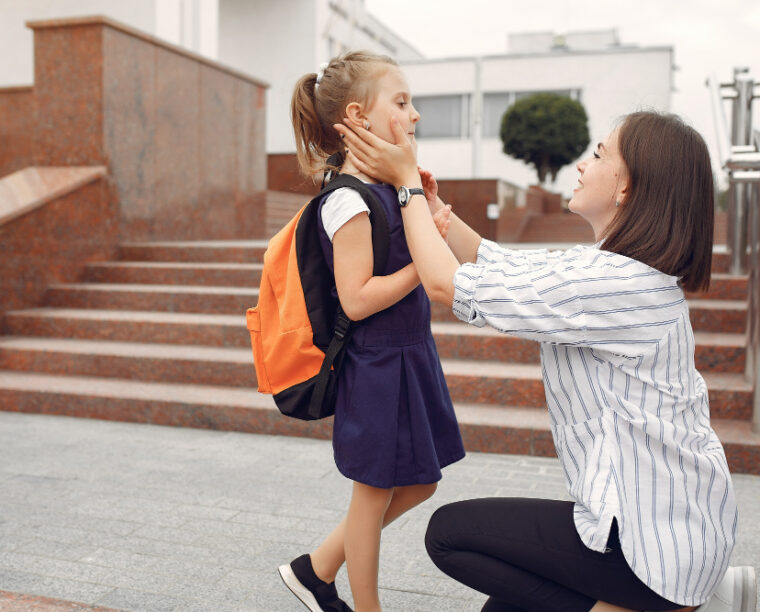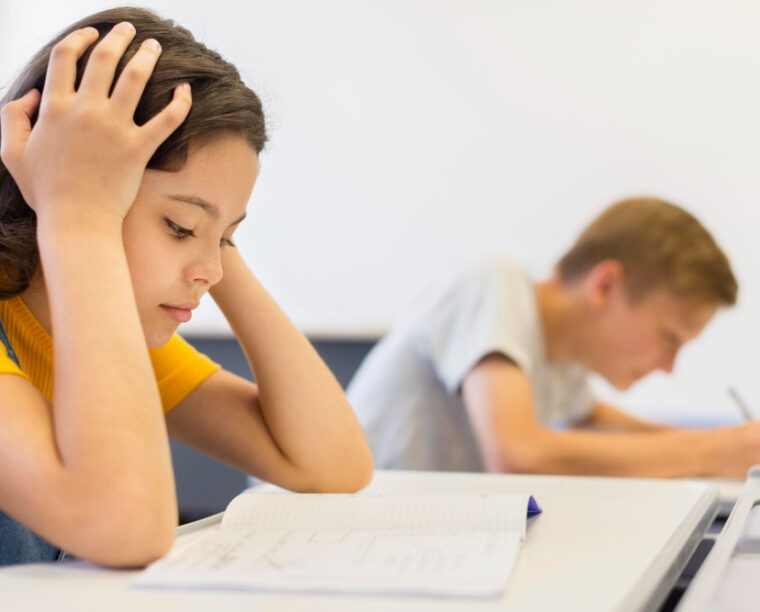
School is much more than a place where children learn to read, write, or count. It is a community where adults work to ensure that every child feels accepted, valued, and supported. In recent years, inclusion in education has become one of the most important principles shaping modern schools.
Inclusive education is an approach and a practice where all children – regardless of their abilities, cultural or social background, or emotional and physical challenges – learn together. It is not limited to providing equal access to general education or participation in lessons; it also means offering genuine support and individualised conditions for every learner.
This model is grounded in the belief that every child can learn and thrive when given the right environment. Inclusive education, therefore, goes beyond teaching methods – it is about building a culture of respect, empathy, and belonging that strengthens both the educational system and the community as a whole.
Inclusive education – what is it?
Inclusive education is enshrined in Lithuanian law: since 2024, all general education schools in the country are required to be ready to welcome children with diverse educational needs. By defining what inclusive education entails, the law encourages schools to move away from dividing children by what they “can” or “cannot” do, and instead to focus on finding solutions that allow everyone to grow and learn together within the same educational environment.
Inclusive education is grounded in the following principles:
every child has the right to learn alongside their peers;
all students are equal members of the community;
differences are viewed as natural and valuable, not as barriers to learning;
the educational content and environment must be flexible and adaptable to each learner’s individual needs.
In practice, this means close teamwork, cooperation among specialists, continuous professional growth for educators, and a shared commitment to creating an environment where every child can discover and develop their strengths.
What does inclusive education mean in practice?
Now that we have clarified the theory, let’s look at what inclusive education looks like in everyday school life. In practice, it involves several key elements:
An individual approach to each child. Every child is unique, which means their learning journey is unique as well. One student may need more time to grasp a subject, another may need more complex challenges, and a third may simply need more frequent encouragement and reassurance from the teacher.
Support from specialists. Speech therapists, special educators, psychologists, and social educators are not external figures—they are an integral part of the school team, working together to ensure that every child receives the support they need.
A supportive classroom culture. Children are encouraged to practise empathy, tolerance, and collaboration within a diverse group. This approach not only develops important social skills, but also reduces the risk of bullying and strengthens the sense of belonging within the community.
Flexible educational content. Learning materials, tasks, and even assessment criteria are adapted to meet students’ different needs. This does not mean lowering expectations—quite the opposite: by adjusting methods and goals, each child is given the opportunity to make meaningful progress.
How is inclusive education implemented at Saulės Gojus?
Since its establishment, Saulės Gojus has embraced the belief that every child is unique and possesses their own strengths. Here, inclusive education is not a legal obligation but a natural part of everyday life, deeply rooted in the school’s values and culture.
The educational support team – consisting of a speech therapist, psychologist, special educator, and social pedagogue – closely monitors each child’s growth, helps them overcome challenges, and works hand in hand with teachers and parents. Through continuous collaboration and consultation, teachers strengthen their ability to support diverse learners, while specialists assist in addressing a wide range of needs – from neurodiversity to learning or emotional difficulties. Together, they ensure that inclusion is not just a principle, but a lived experience at Saulės Gojus.
The benefits of inclusive education – for everyone
It is often assumed that inclusive education exists only for children with special needs. However, our experience shows that it benefits all children, without exception.
Children who grow up and learn in an inclusive environment learn from an early age to understand and appreciate differences, to be empathetic, and to notice those around them. They develop the ability to cooperate, to value the efforts of others, and to take responsibility not only for themselves but also for their peers. These social and emotional skills become invaluable later in life.
Meanwhile, children with special needs experience less stress, participate more actively in learning, and achieve their goals more easily when they feel accepted and supported. When the school allows every child to be themselves, learning becomes meaningful and fulfilling for everyone involved.
Inclusive education in Lithuania is no longer just an aspiration – it is a reality being shaped every day by schools, teachers, and parents. The journey is not always easy, but every step towards a more inclusive community is a step towards a more connected and respectful society.
 School Saulės Gojus
School Saulės Gojus 

